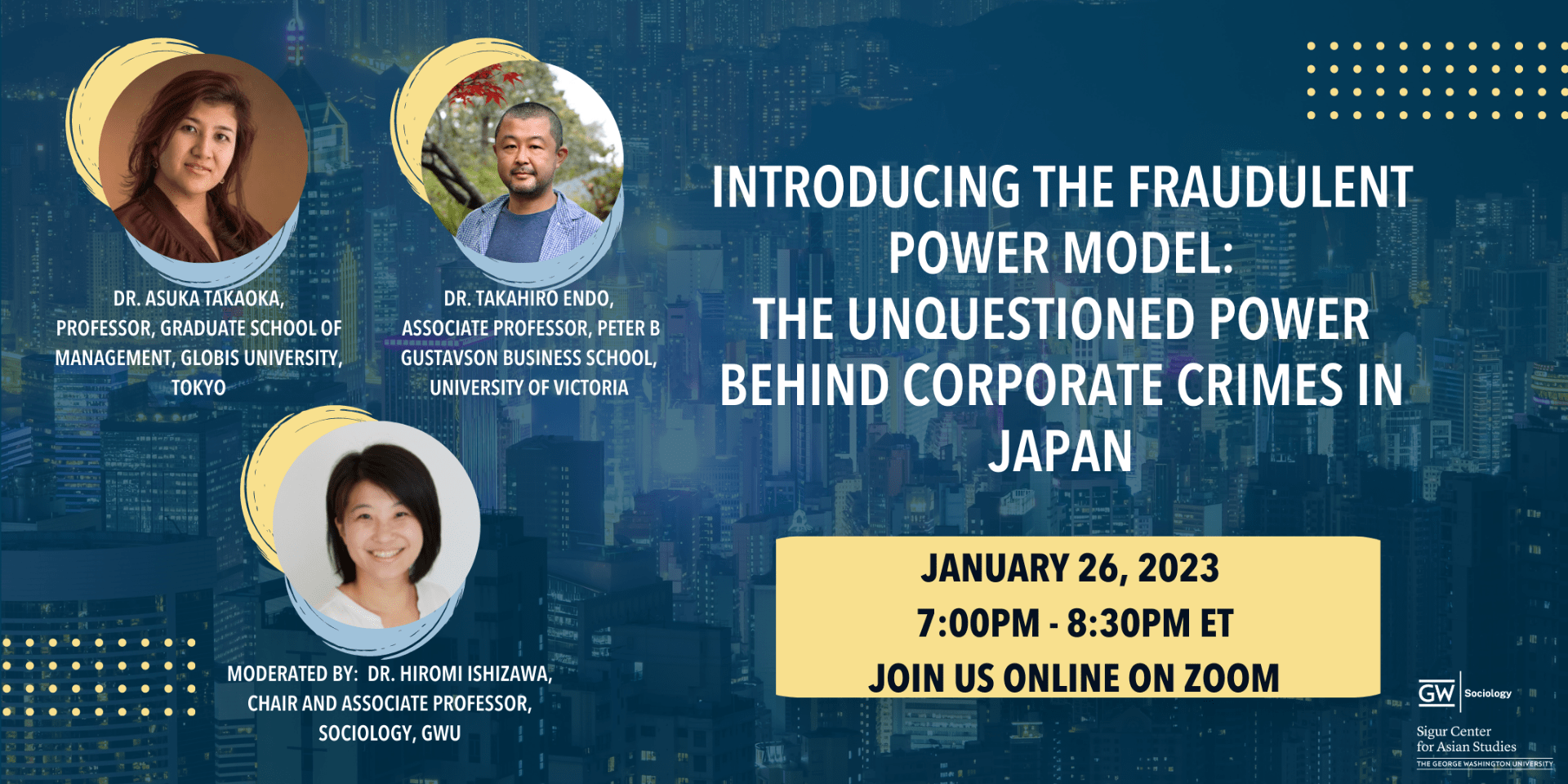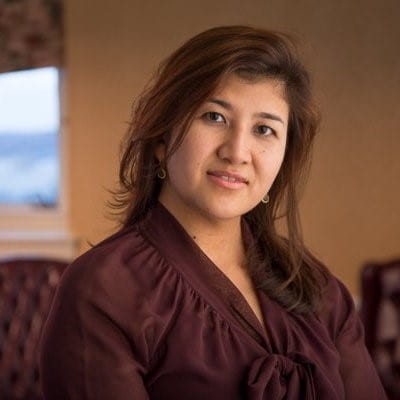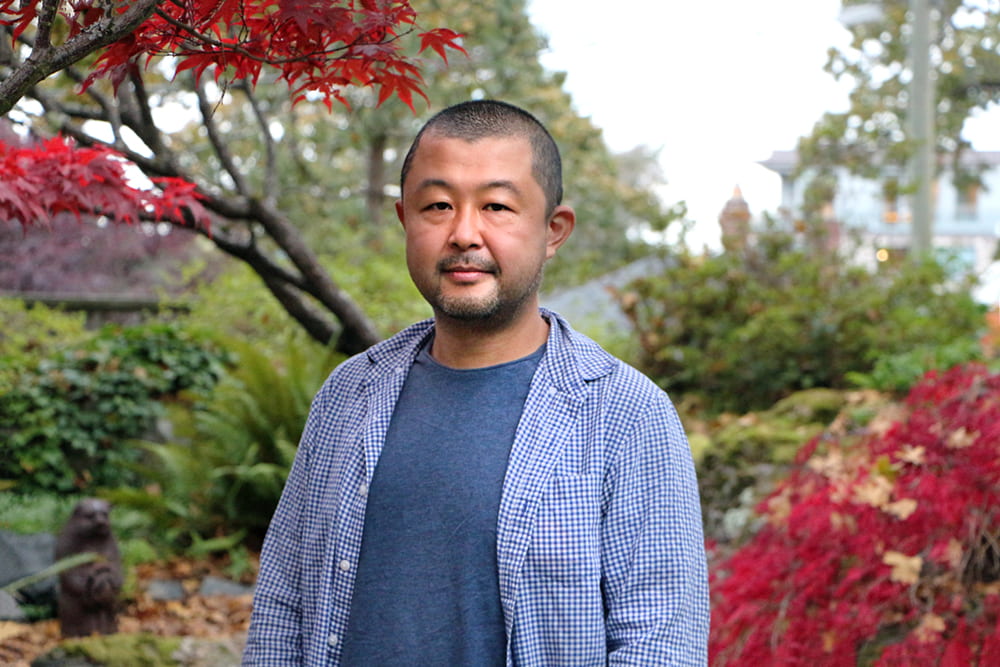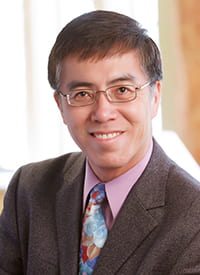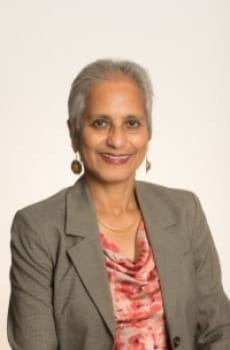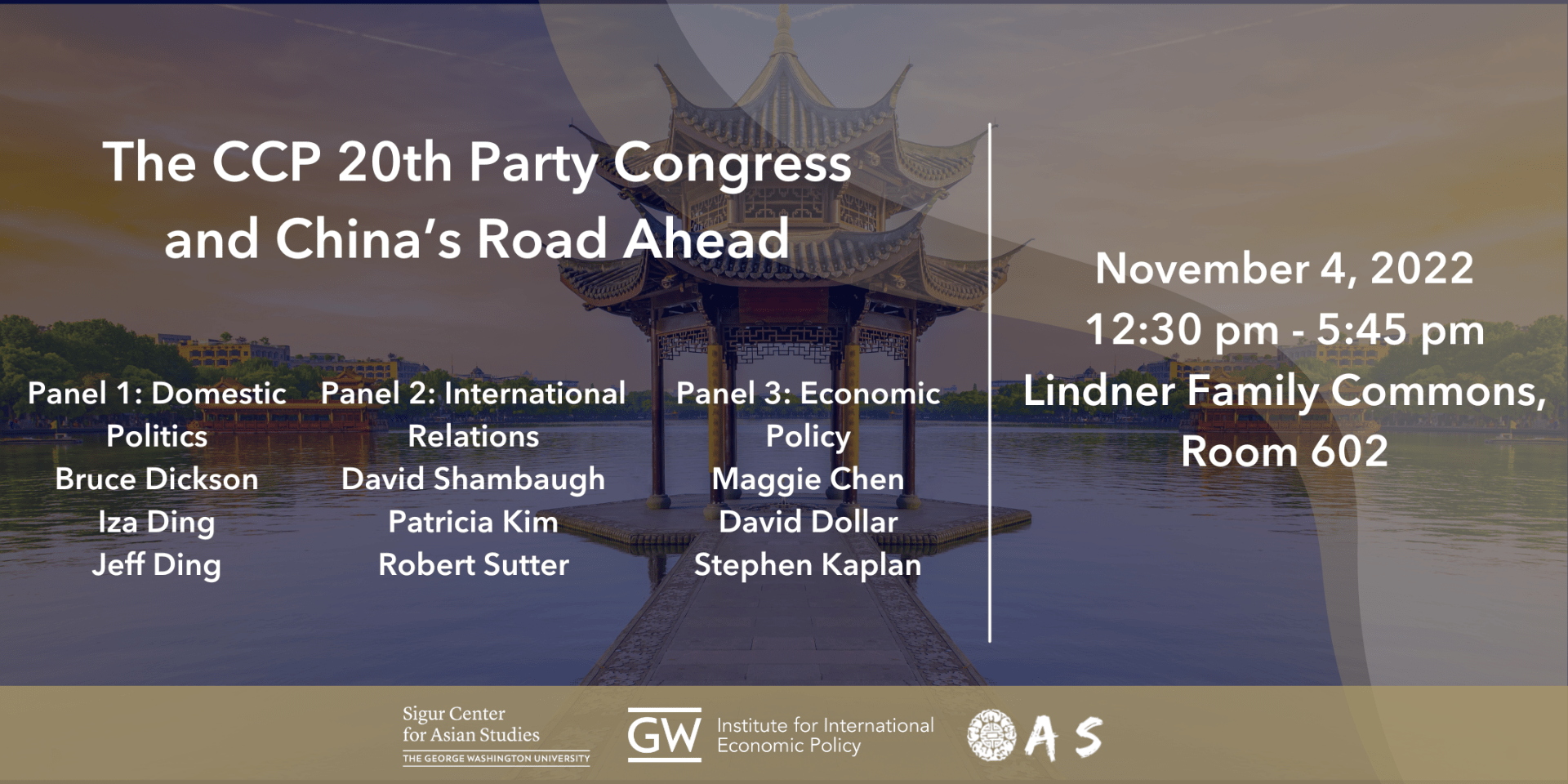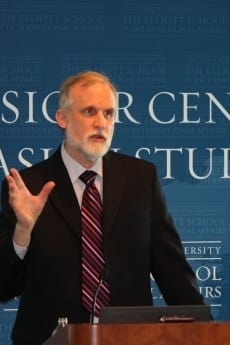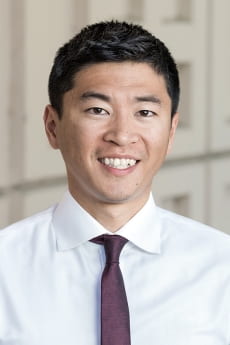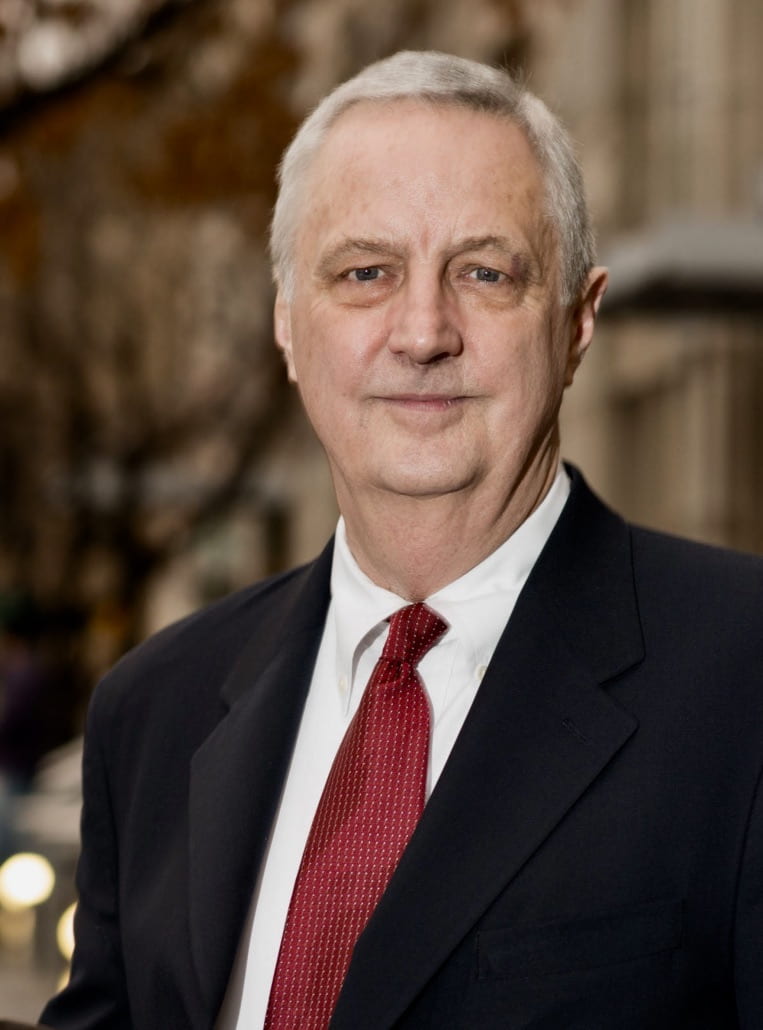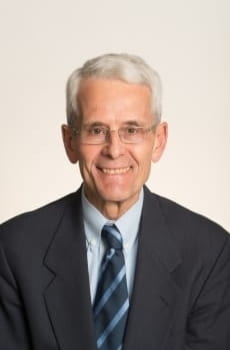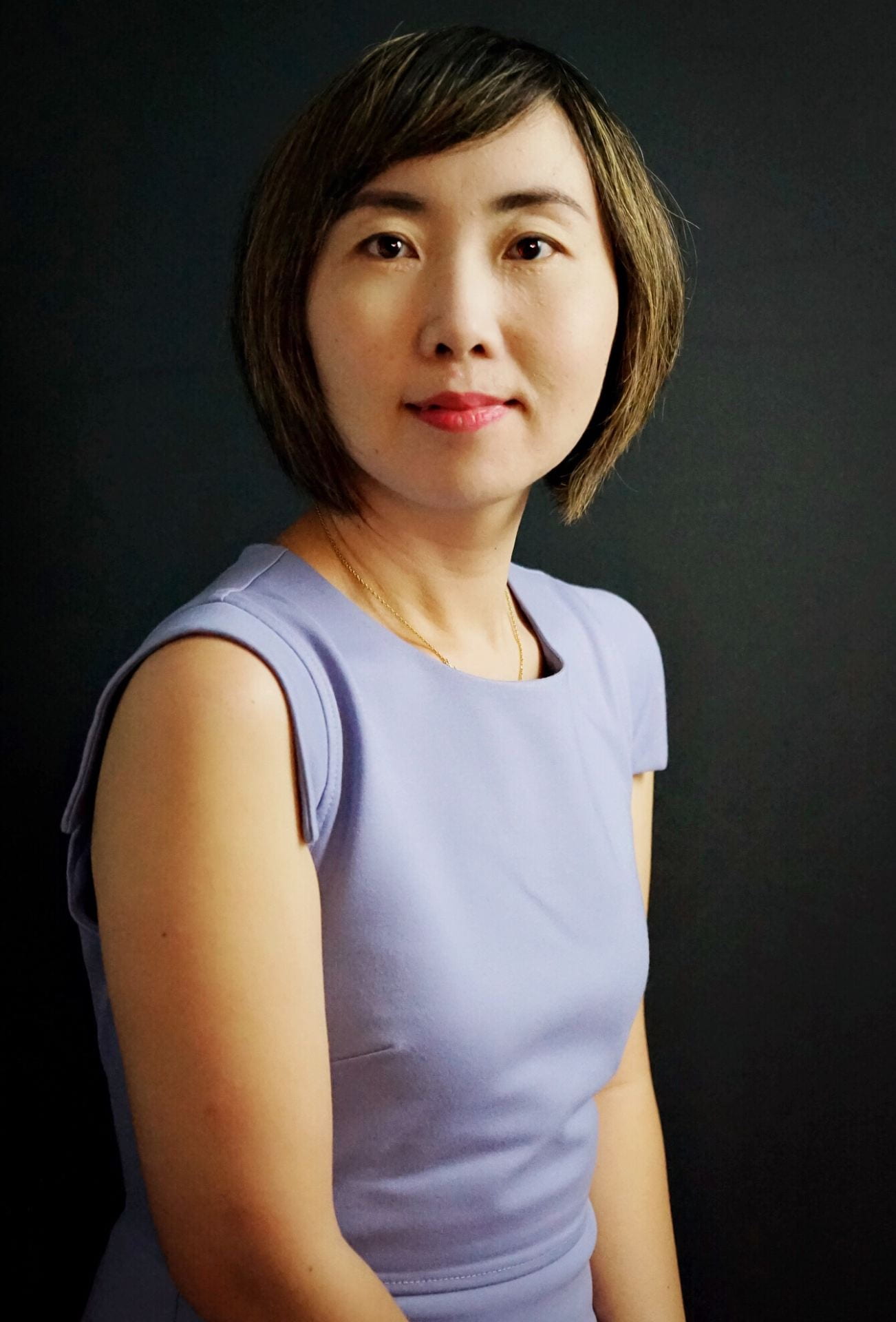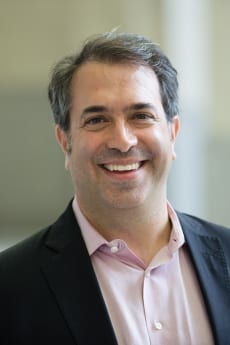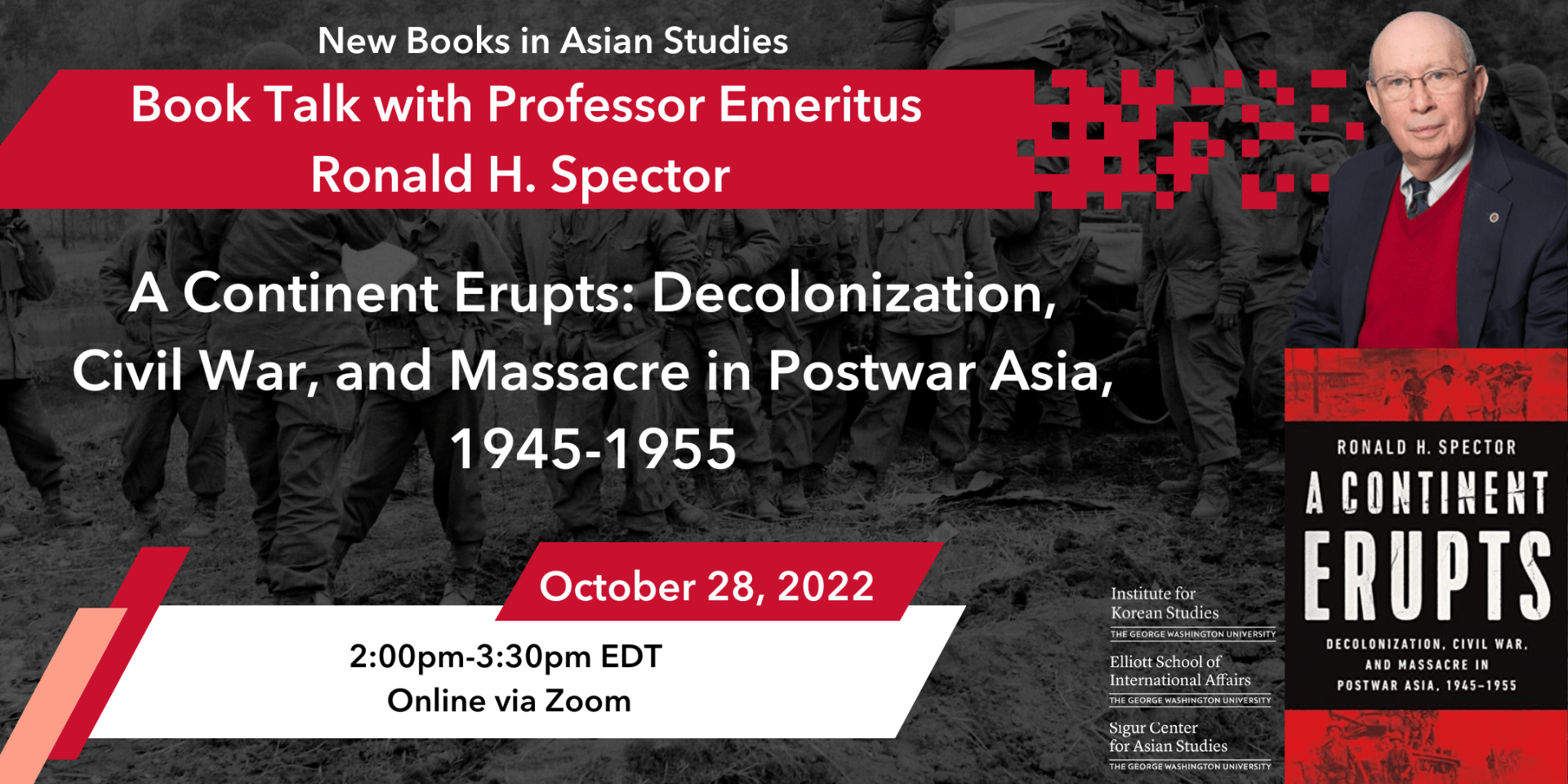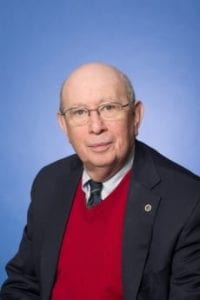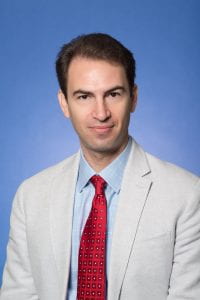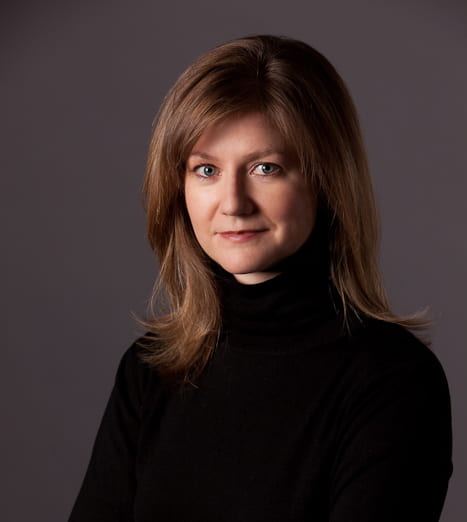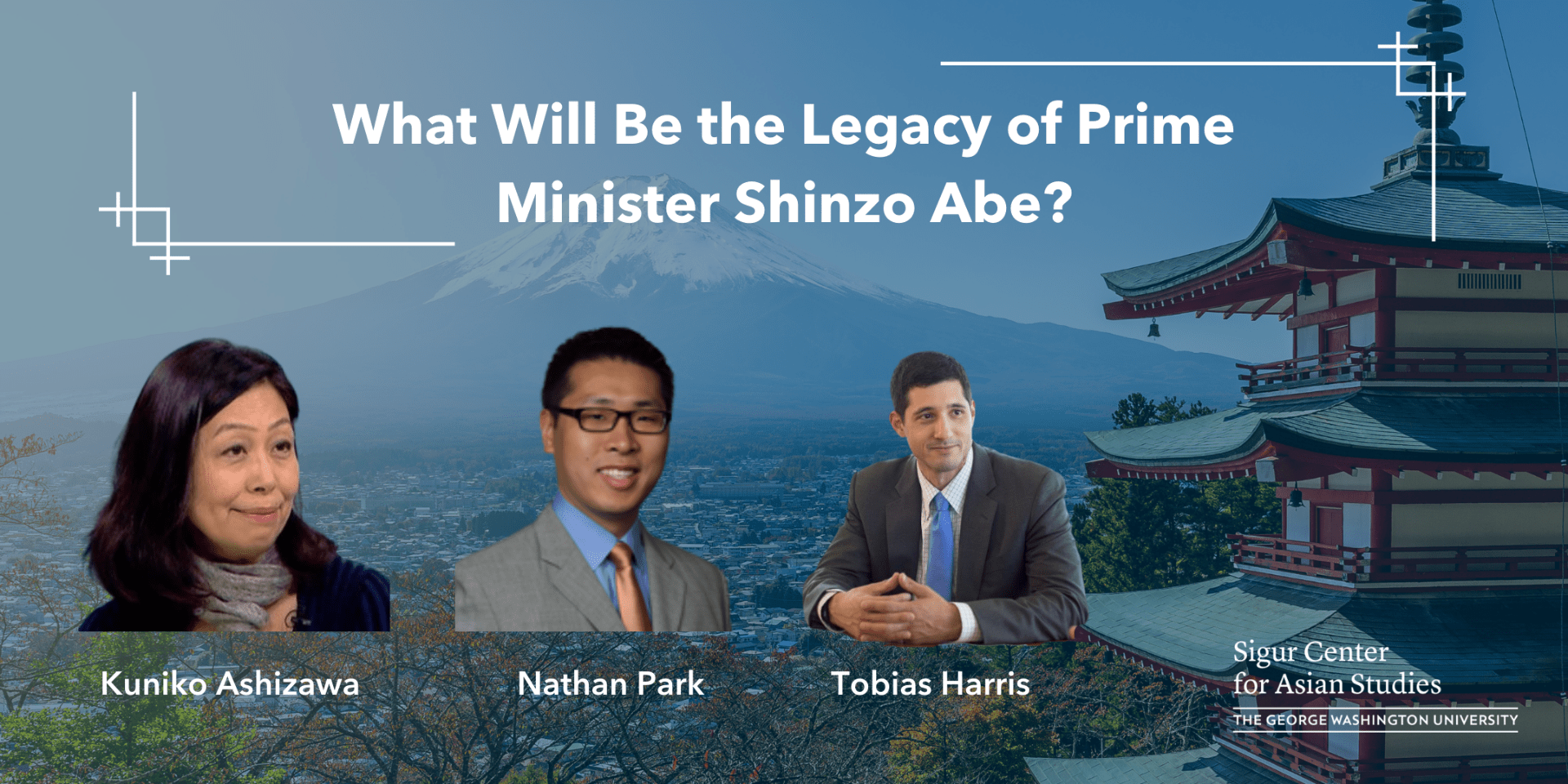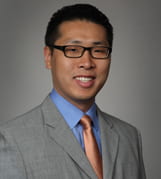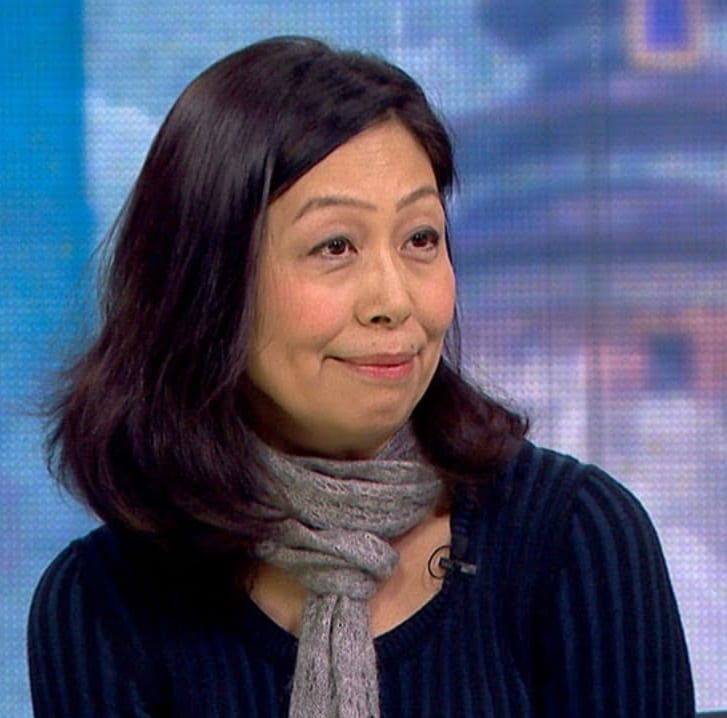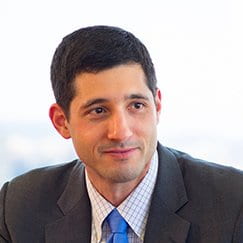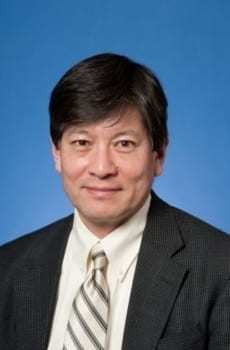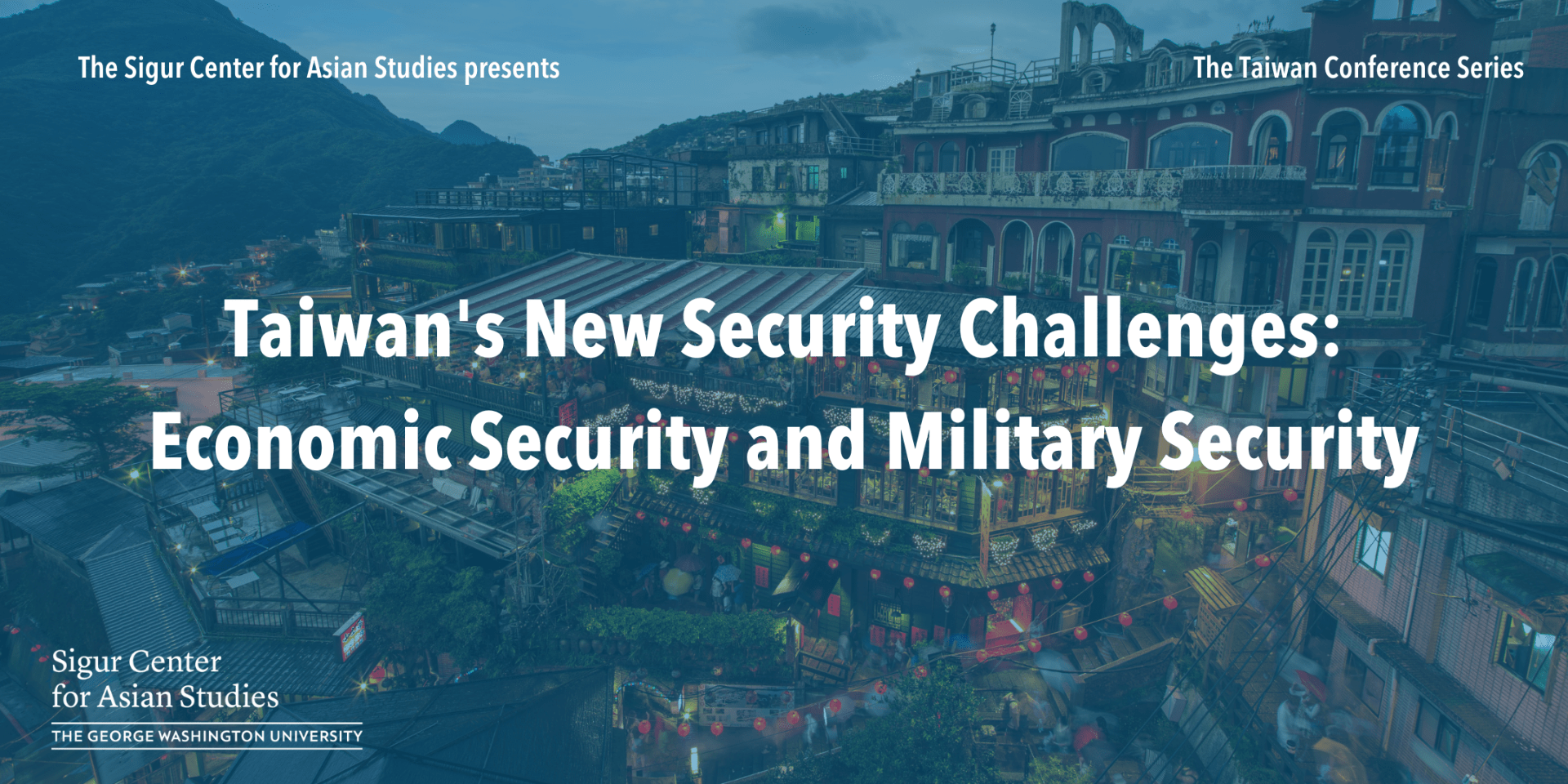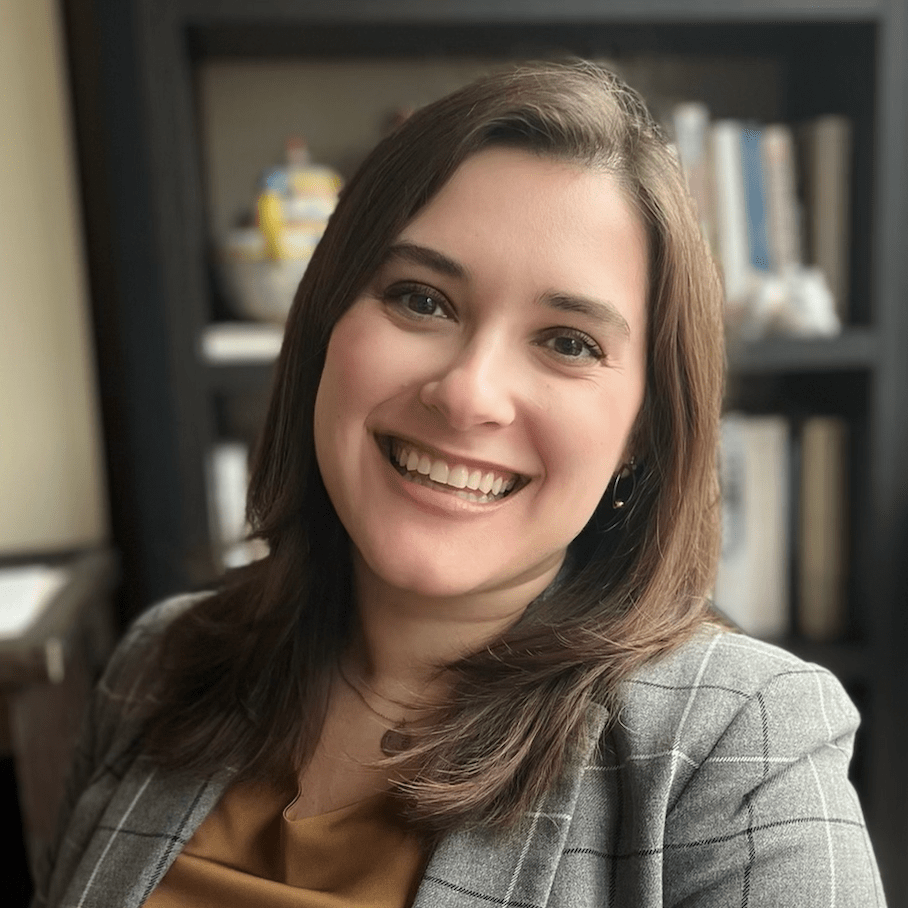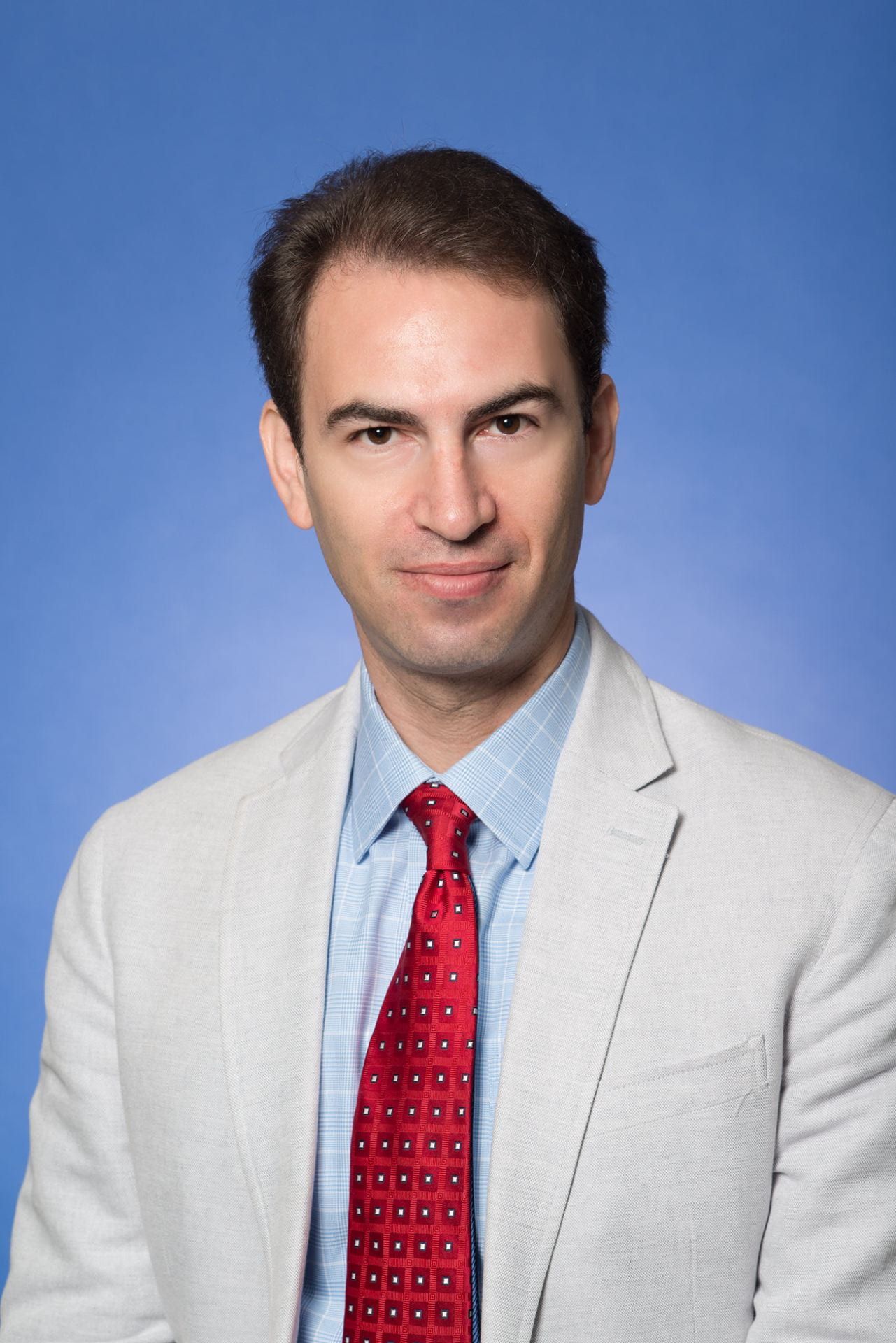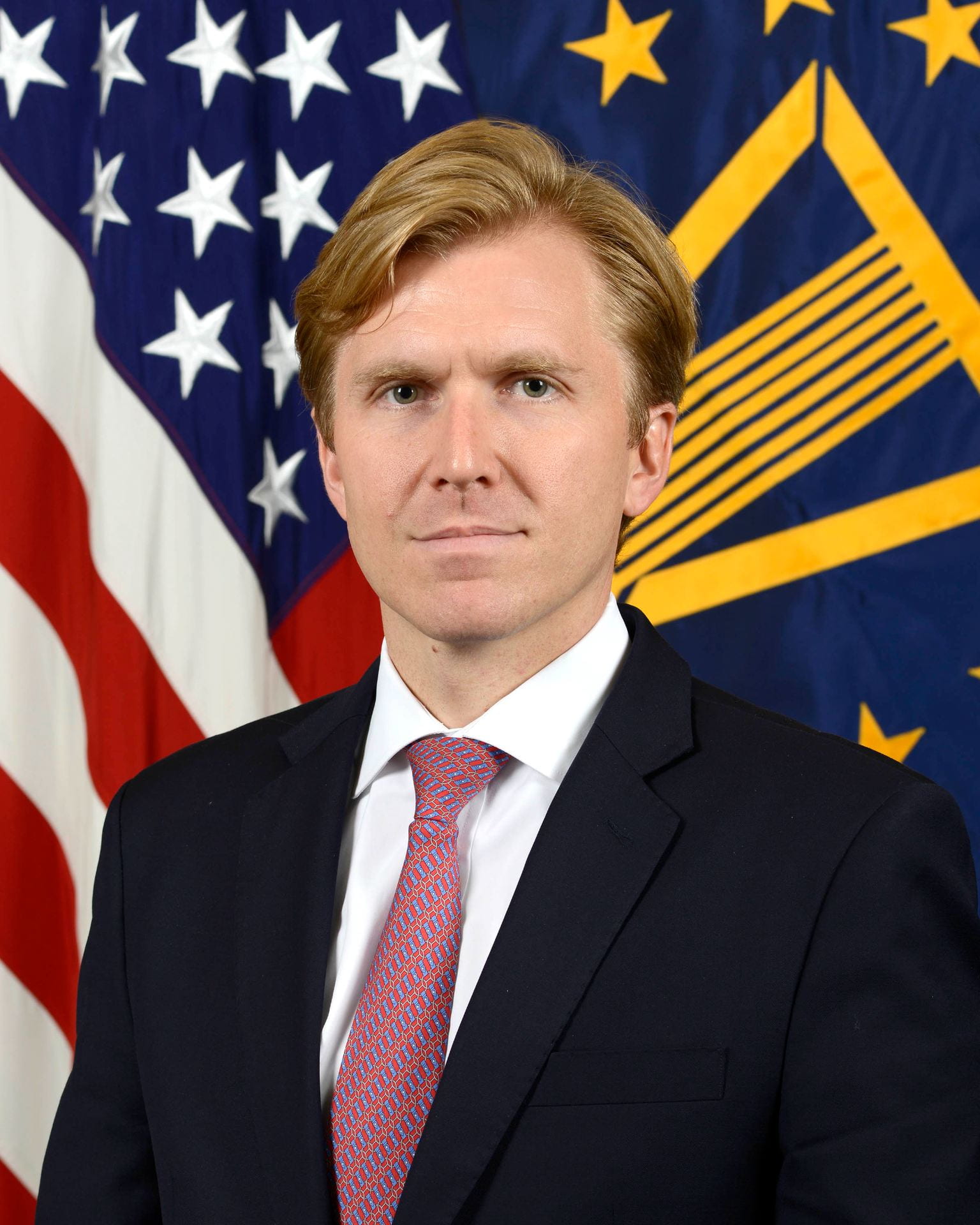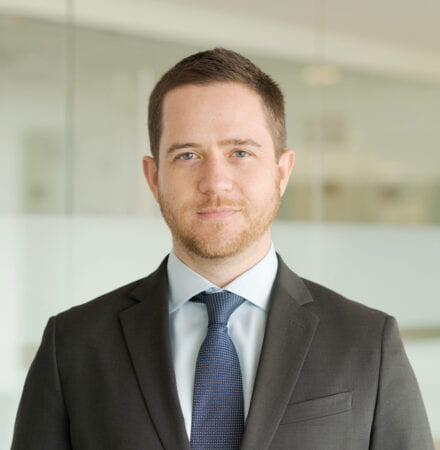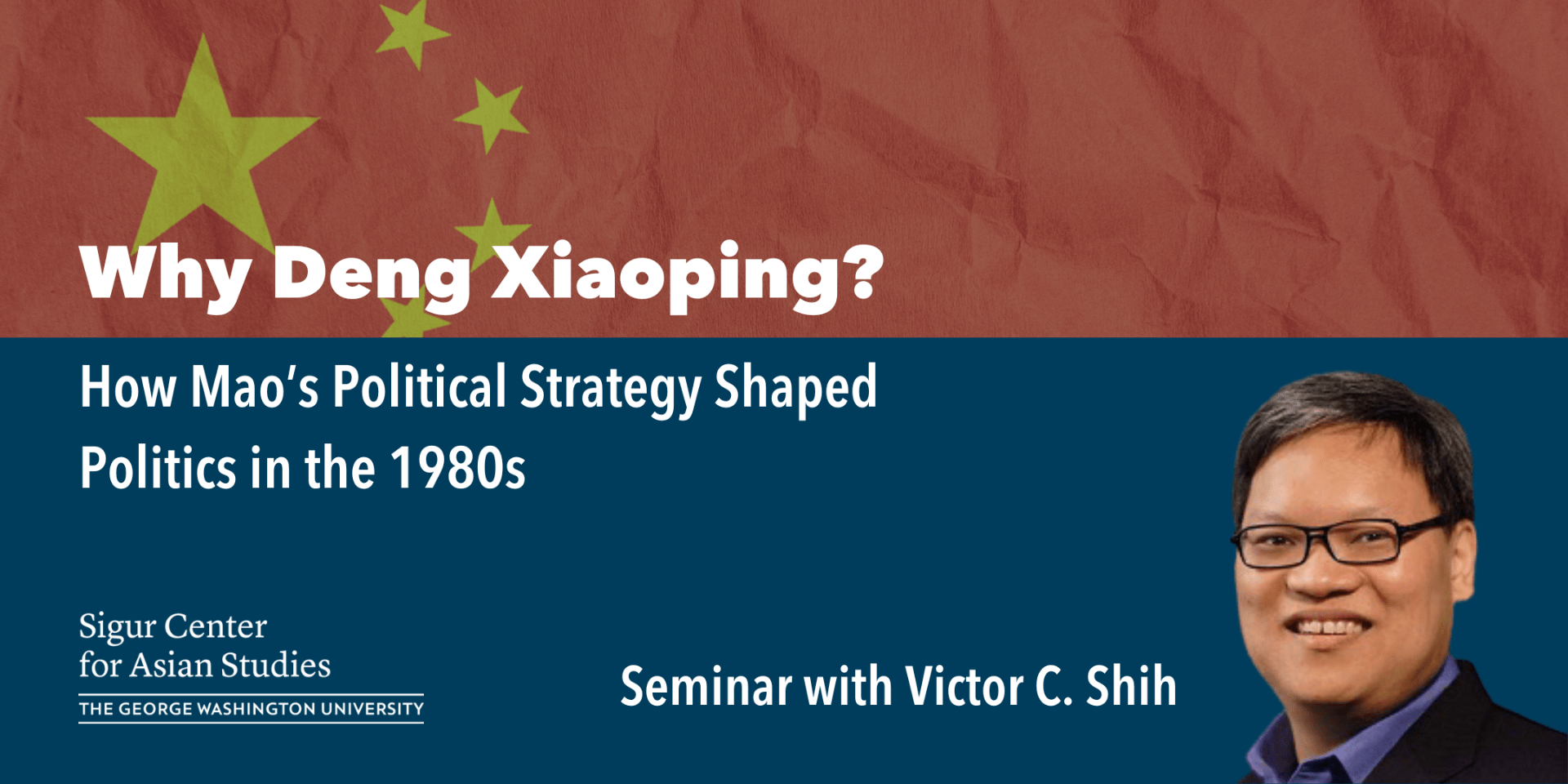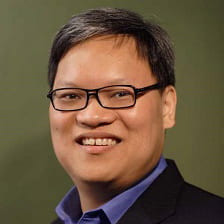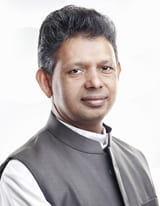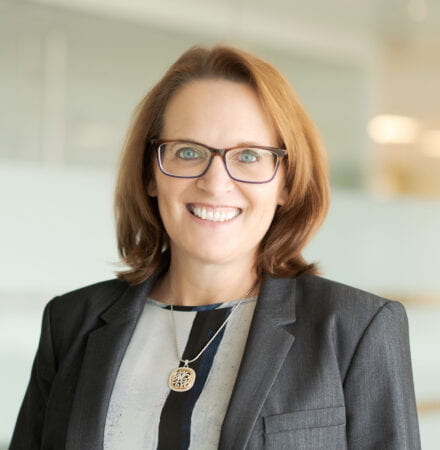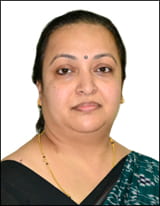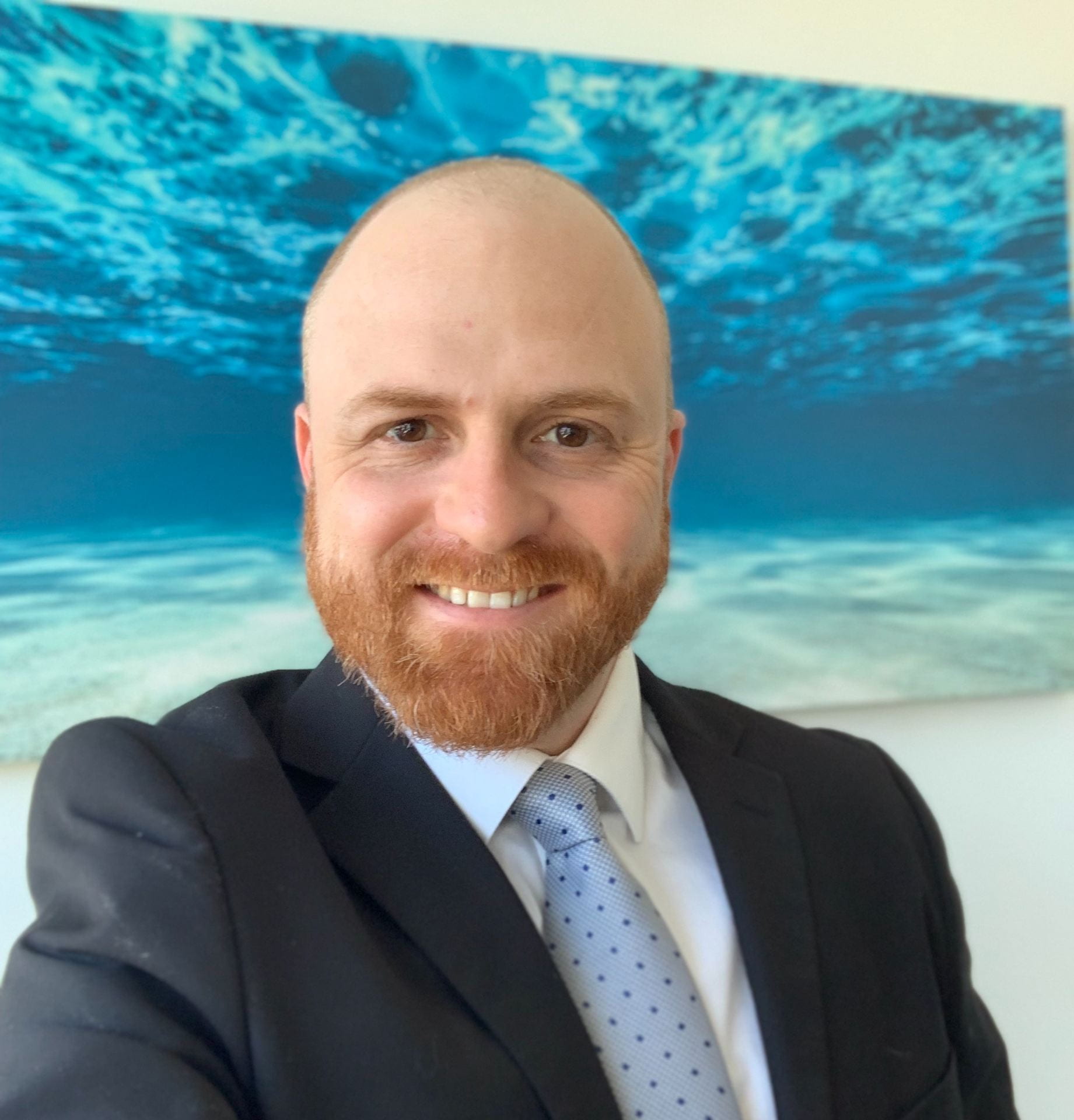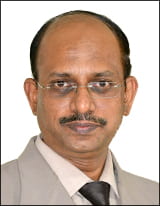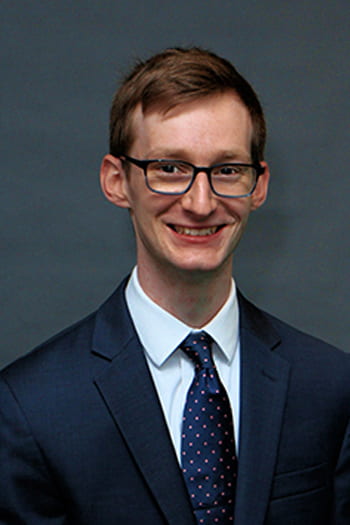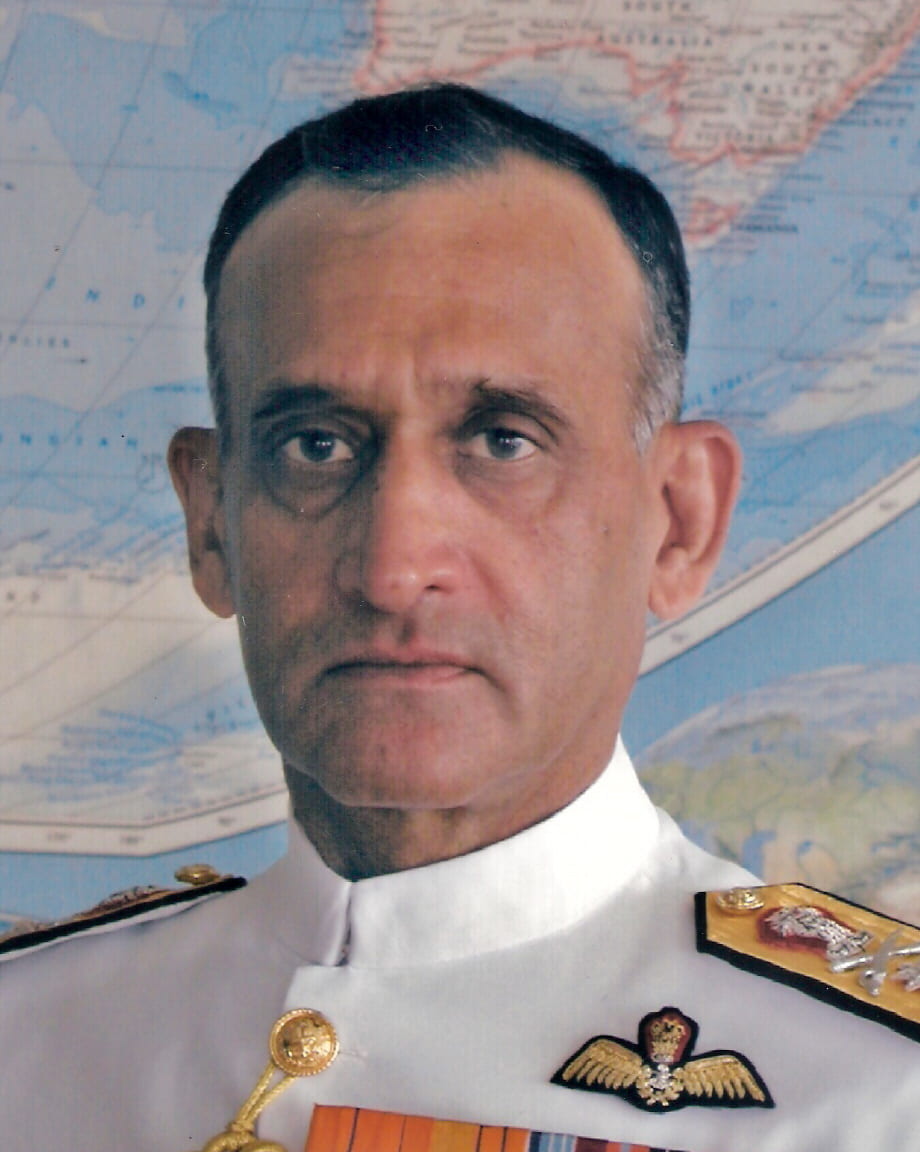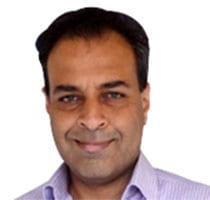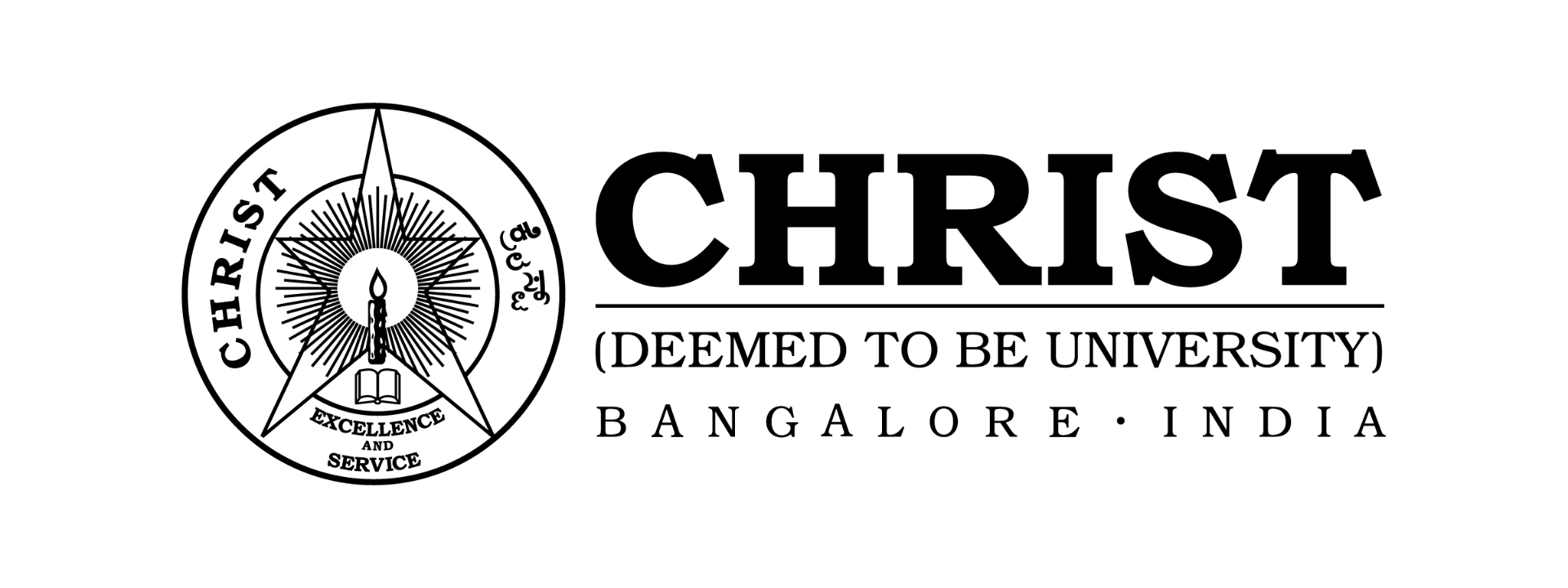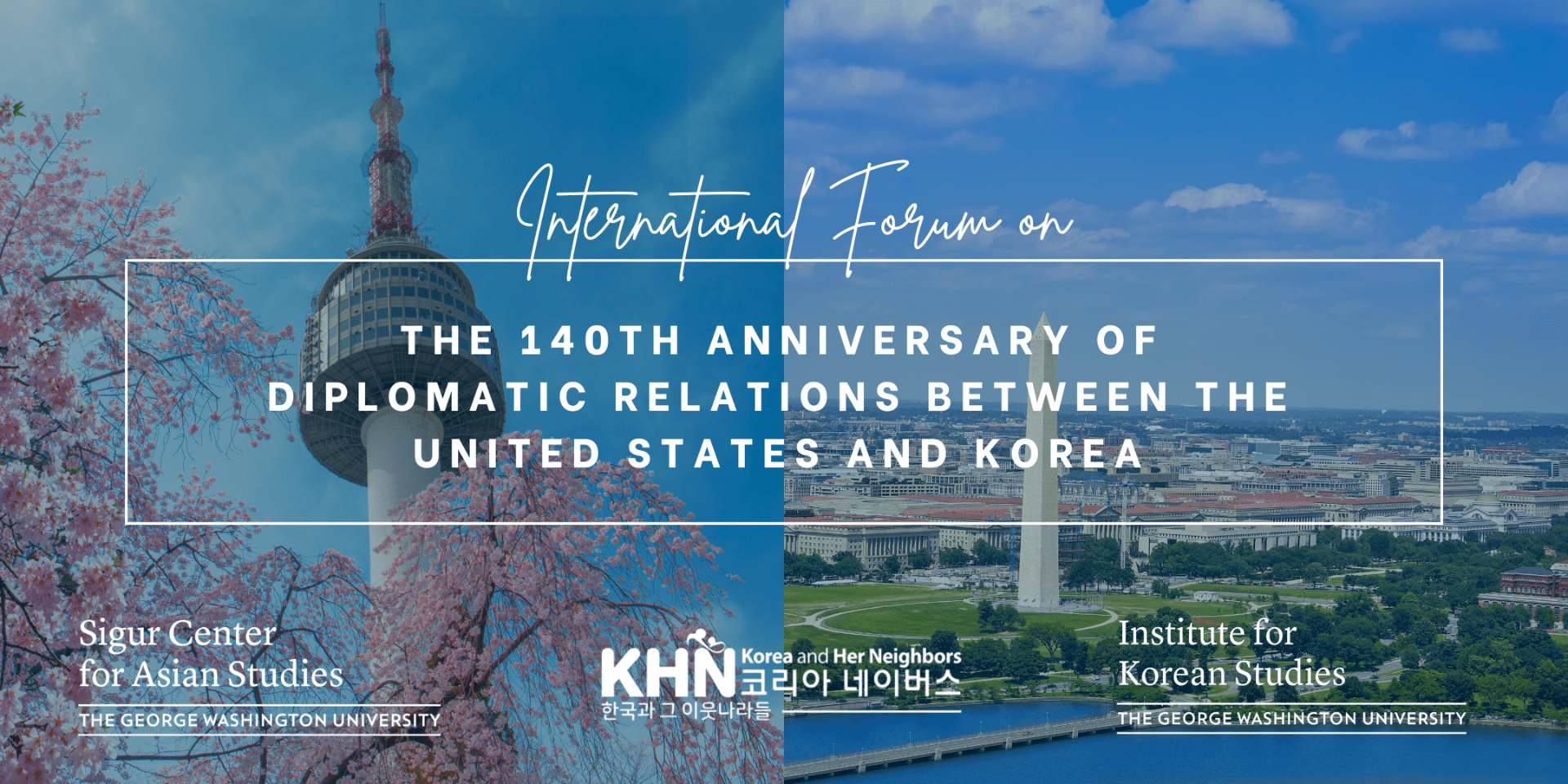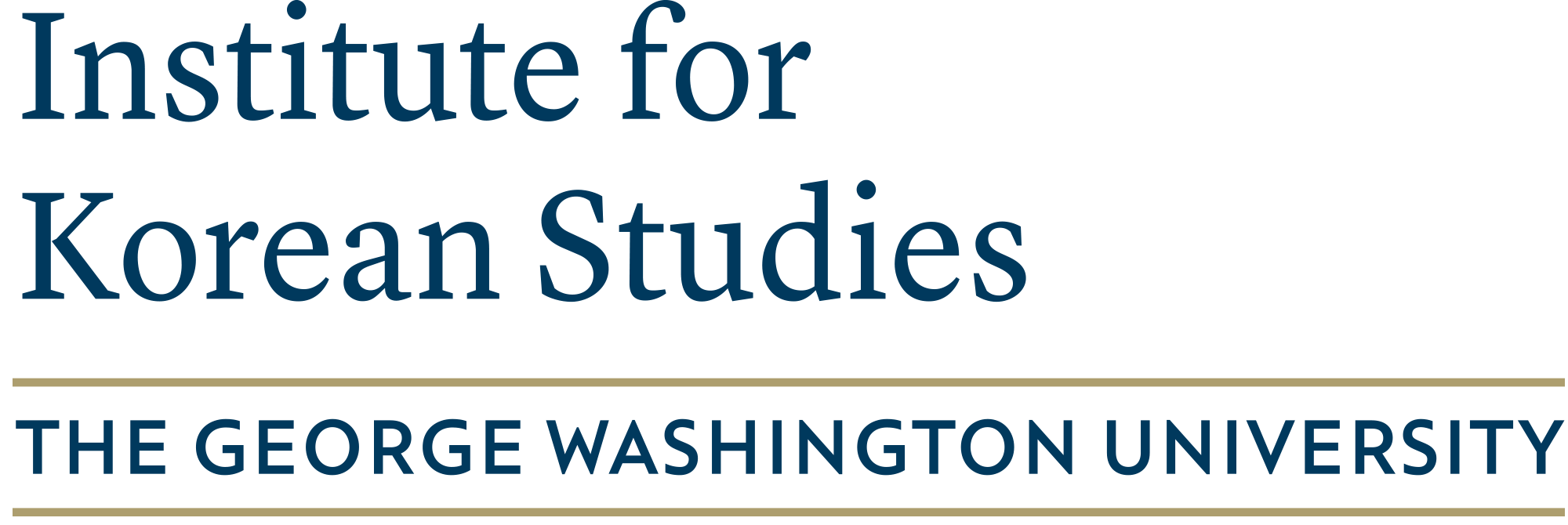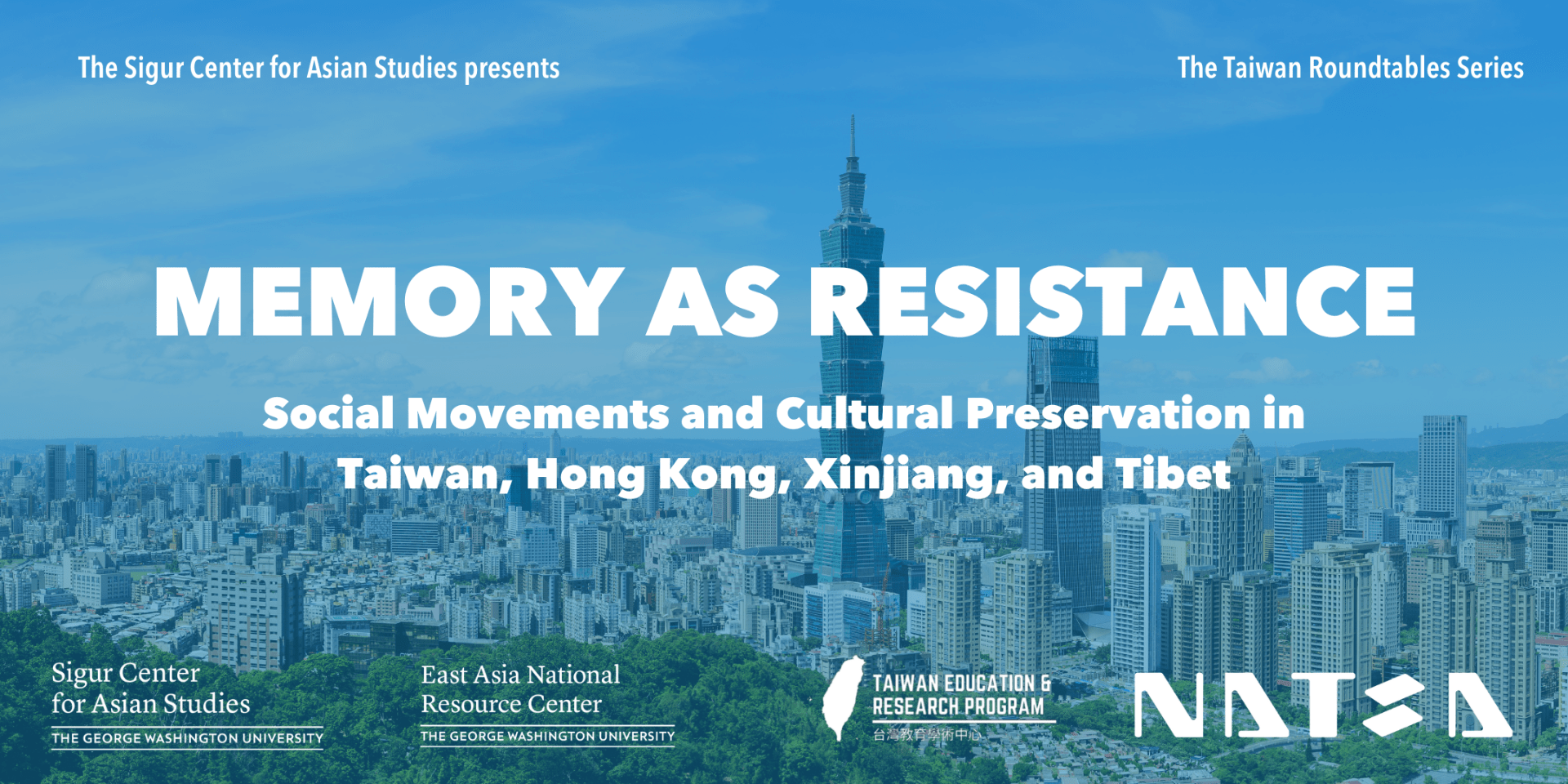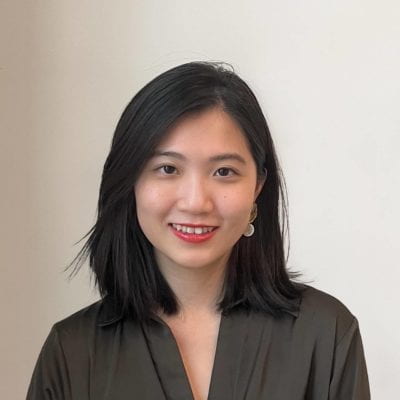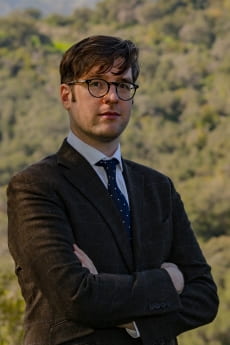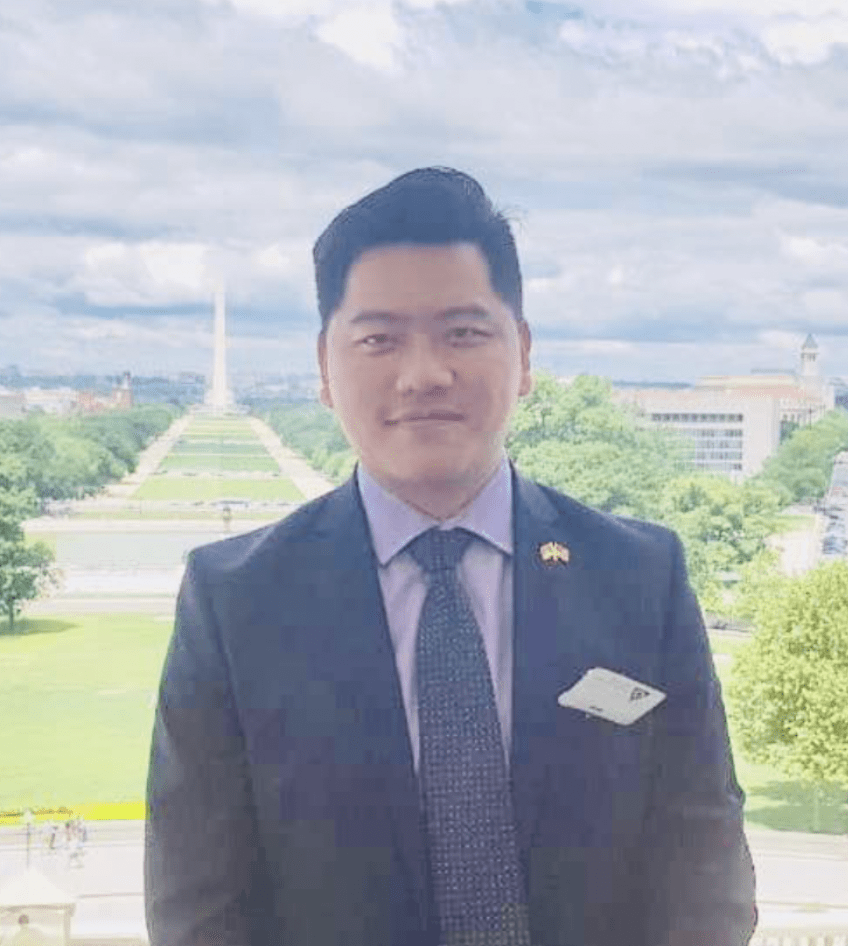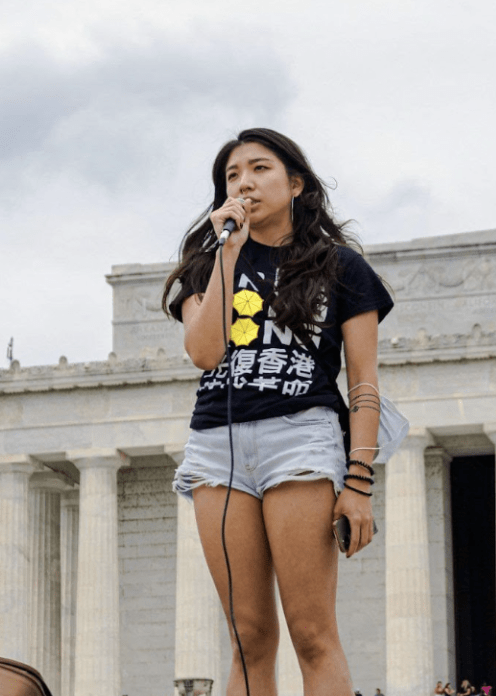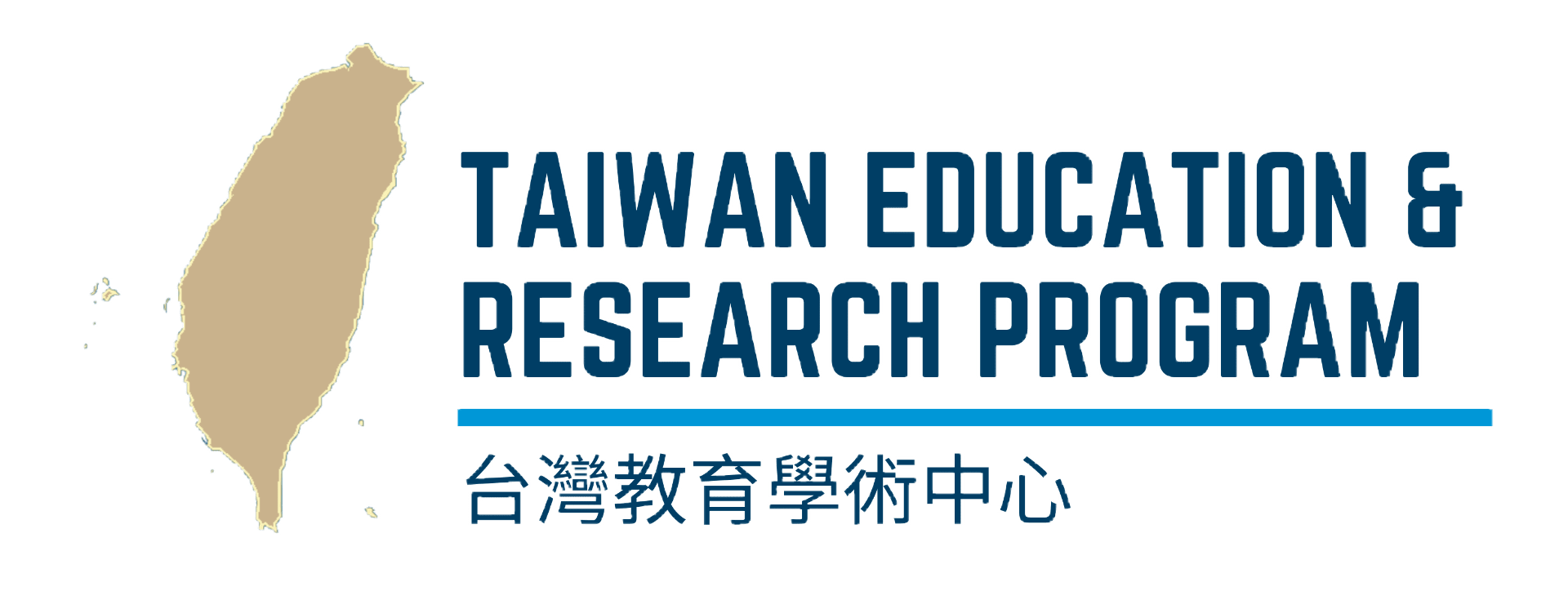Thursday, January 26, 2023
7:00 PM – 8:30 PM ET
Online via Zoom
As corporate fraud can pose serious problems for firms’ stakeholders and employees, the public, and society, fraud prevention is important on the global agenda. Unlike street crimes, corporate crimes happen due to power rather than personal motives (Stoddard, 1968; Maric et al., 2010). Hence, what are the types of power and the mechanisms that make employees violate the law, even when they know that such actions might deprive them of all they have built up to that point? Previous research has examined this power dynamic between two individuals (Albrecht et al., 2015; Kraus et al., 2018; Schnatterly et al., 2018), but few studies have comprehensively considered the power mechanism among multiple stakeholders involved in organisational crimes. Therefore, this study examined 133 corporate crimes in Japan to identify the power types and mechanisms behind them.
Specifically, the study analysed 133 third-party committee fraud reports written by third-party lawyers during 2015–2020 using grounded theory (Glaser and Strauss, 1967; Strauss and Corbin, 1990; Locke, 2001). The resulting fraudulent power model identified 10 types of power grouped into four core categories: formal, informal, norm, and neglect power. Norm and neglect power were newly identified. Norm power is perceived by employees as a forced norm; therefore, they naturally follow it, resulting in fraud. Examples include sales/profit supremacy, excessive error-free policy, non-intervention, and blind obedience to customers’ requests. Neglect happens due to organisational malfunctions, leaders’ negligence, and intentional silence.
This study makes two contributions to the literature. First, it identified 10 types of power grouped into four core categories as an empirically grounded framework, adding to the research on fraud models and organisational power. Second, firms can refer to these types of power in practice as fraud risk indicators to assess their status quo and take preventive measures to address latent fraud causes.
Registration is free and open to the public.
This event will be recorded and will be available on the Sigur Center YouTube channel after the event.
Agenda
7pm-7:05: Welcome and Introduction of Speakers
7:05-7:30: Presentation
7:30-7:45: Discussant comment
7:45-50: Response from Takaoka to Endo
7:50-8:20: Open to the audience for Q&A
8:20: Closing remarks
Speaker
Dr. Asuka Takaoka is a Professor at the Graduate School of Management, GLOBIS University in Tokyo. Currently, she is an affiliated visiting scholar of the sociology department at George Washington University. Previously, she was Associate Professor at GLOBIS University, after obtaining her D.B.A. from Hitotsubashi University in Tokyo. Her research focuses on corporate governance, particularly white-collar crimes and business ethics. Her recent research was accepted by the Global Consortium in the 2022 Annual Meeting of the Academy of Management, and she presented her papers at the 2022/2021 Annual Meetings of the Society for the Advancement of Socio-Economics. Presently, she is writing books regarding CEO nomination building her business and leadership experience. Prior to her academic career, she has a wealth of consulting experience spanning the globe. For the past 13 years, she has worked at the Frankfurt and Tokyo offices of McKinsey & Company, followed by executive assessment consulting in London and Tokyo. Most recently, she has taken the regional role in Asia for the assessment business at Willis Towers Watson.
Discussant
Dr. Takahiro Endo joined the University of Victoria as Associate Professor at Peter B Gustavson Business School and Jarislowsky CAPI Chair in East Asia (Japan) in September, 2021. Previously, he was Associate Professor at Hitotsubashi University, Tokyo, and Kobe University after completing a two-year postdoctoral research position at Cardiff University. He obtained Ph.D. from Cardiff University, Wales, UK and MA and BA from Hitotsubashi University. He has been a research fellow at Kobe University, RIEB (Research Institute for Economics and Business Administration) and a governing board member at King’s College London’s FinWork Future Research Centre. His scholarly interests lie in the translation of sustainability ideas and practice in business and management, legal structure and business organizations, commensuration processes and their impacts, and innovation and invention of tradition. As the principal investigator, he has conducted two JSPS (Japanese Society for Promoting Science) funded research projects examining corporate lobbying and its impacts in traditional and new economic sectors. Moreover, he has joined several inter-disciplinary and internationally funded projects examining the translation of renewable energy, commensuration in higher education, and gender issues in professional service firm
Moderator
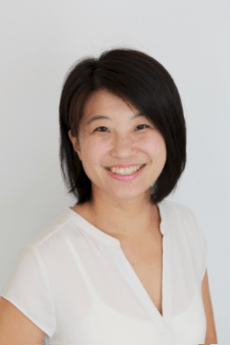
Professor Hiromi Ishizawa is an Associate Professor of Sociology and the Chair of the Department of Sociology at the George Washington University. After graduating from the University of Illinois at Urbana-Champaign, Professor Ishizawa spent two years as a post-doctoral research associate at the Minnesota Population Center (MPC) at the University of Minnesota. Her research interests are in the areas of social and family demography, immigration, sociology of language, and urban sociology. Her research focuses on the understanding of how immigrants integrate into American society. In particular, her work emphasizes the influence of context, such as family and neighborhood, on the process of integration. She has published work that examines many aspects of immigrant integration, including minority language maintenance, civic participation, health, sequence of migration within family units, intermarriage, and residential settlement patterns among minority language speakers. In addition, she conducts research on another immigrant destination country, New Zealand. Her work focuses on residential segregation and patterns of ethnic neighborhoods among recent immigrant groups and the indigenous Maori population. Additionally, her research project examines life satisfaction among immigrants in Japan.

